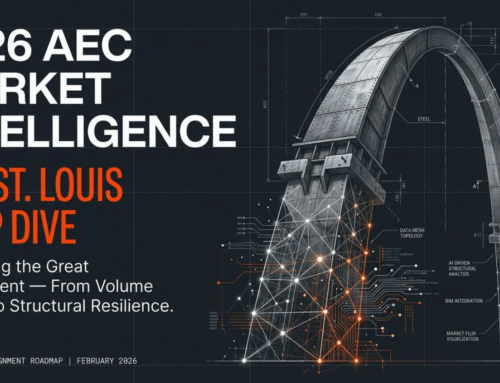Education and understanding the implications of unconscious bias are critical to cultivating a culture of inclusion and belonging. Unconscious bias refers to the automatic judgments and stereotypes we hold about others, often without realizing it. These biases can impact how we interact with people, whom we include in conversations, whom we hire or promote, and how we make everyday decisions. By educating individuals on the effects of unconscious bias, we can begin to address and dismantle these hidden barriers to inclusion.
Creating a space where people are aware of their own biases allows for more equitable interactions and helps reduce systemic inequities. It sets the stage for a truly inclusive environment, where differences are acknowledged, respected, and celebrated, rather than being sources of division.
Belonging, on the other hand, is the emotional outcome of these efforts. It is that deep-rooted sense that you are a valued member of a community or organization, where your unique experiences and perspectives are not only accepted but appreciated. When people feel like they belong, they feel safer to be themselves, share their ideas, and take risks without fear of exclusion or judgment. This fosters a stronger, more engaged, and more creative workforce.
When people feel part of a community, they feel a sense of purpose. Purpose emerges when individuals know that their contributions are meaningful and recognized. In a workplace or any group setting, this sense of purpose drives motivation, boosts morale, and ultimately enhances productivity. People become more invested in the success of the community when they know they have a stake in its outcomes, and they experience greater personal and professional fulfillment.
In summary, creating a culture of inclusion and belonging is not only the right thing to do—it’s essential for building a cohesive, innovative, and thriving environment where everyone can reach their full potential. This begins with education, awareness, and a commitment to understanding and addressing unconscious bias, which lays the foundation for true belonging and shared purpose.






